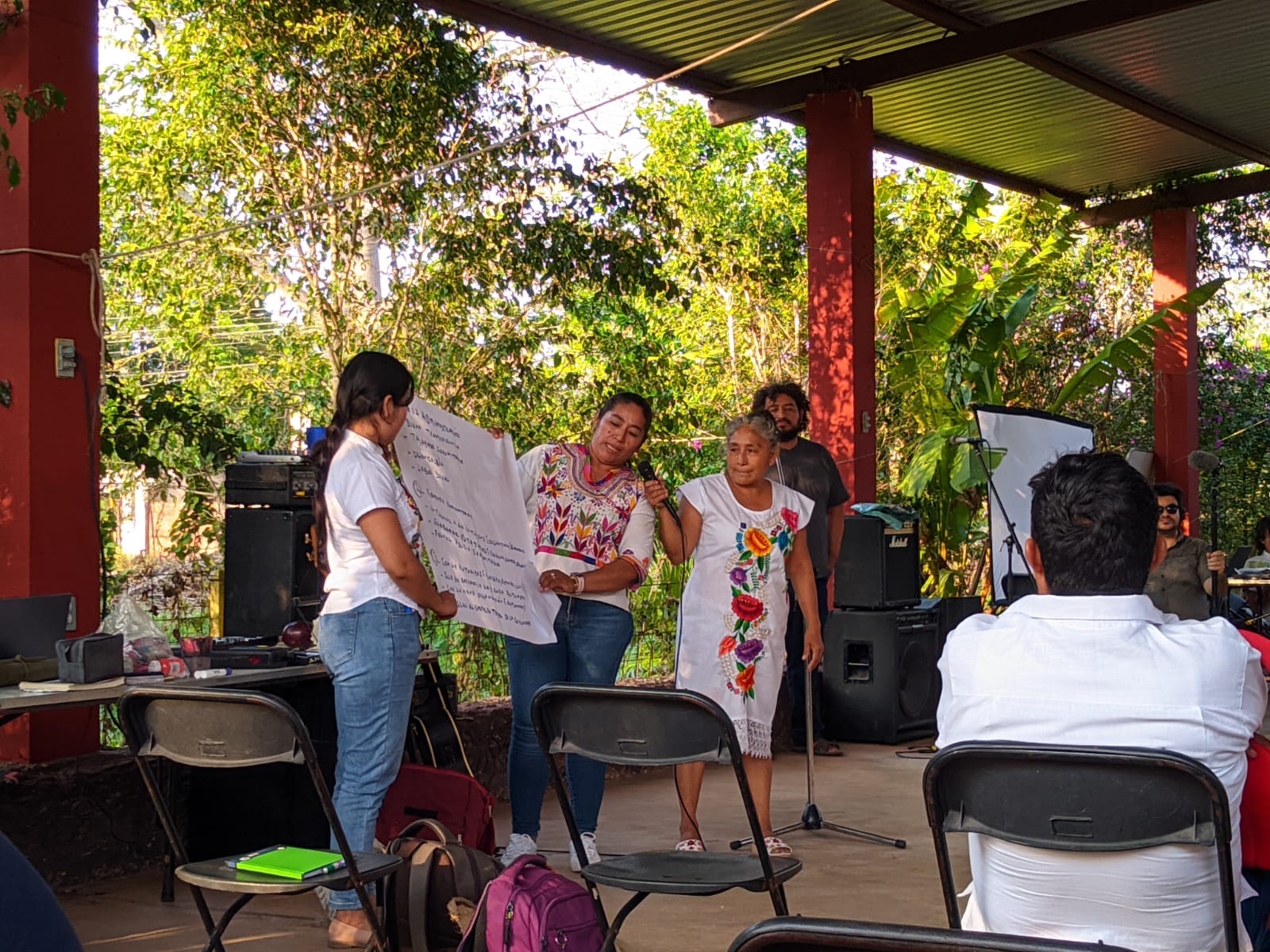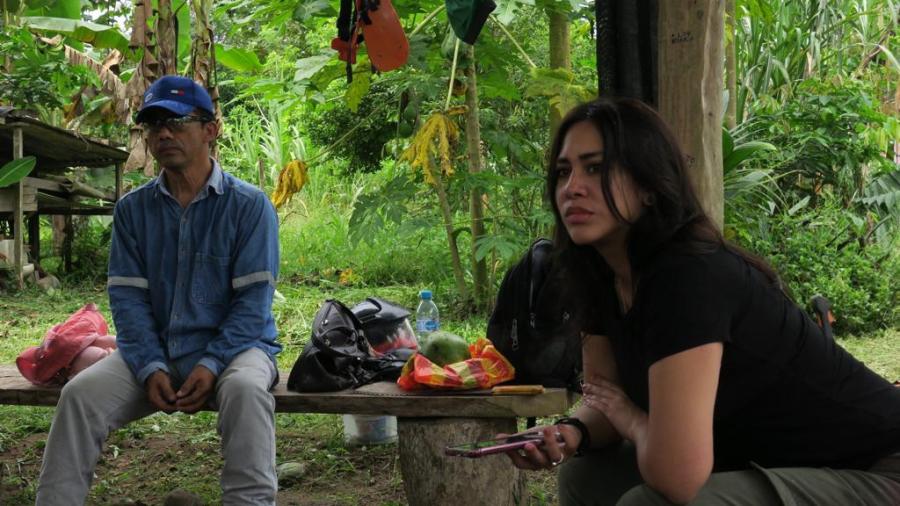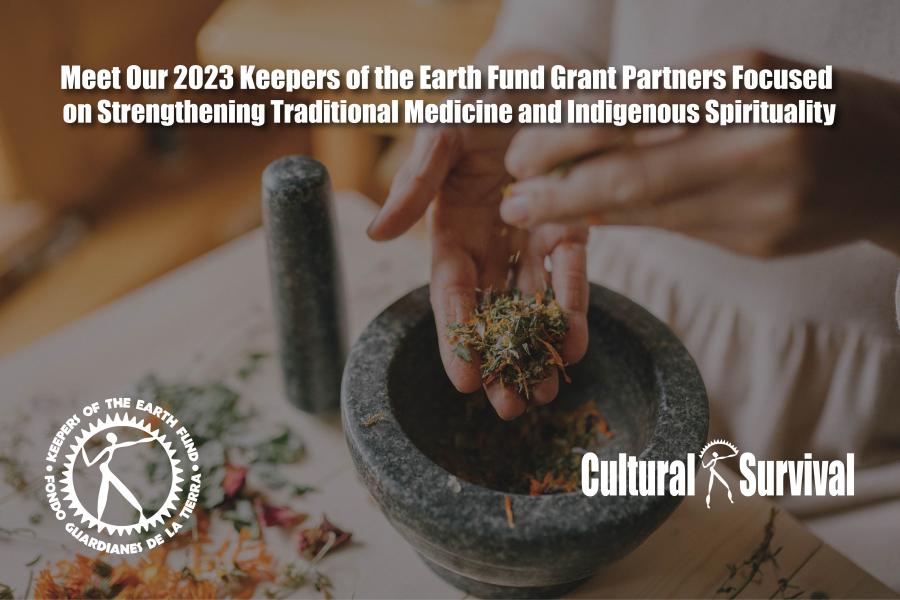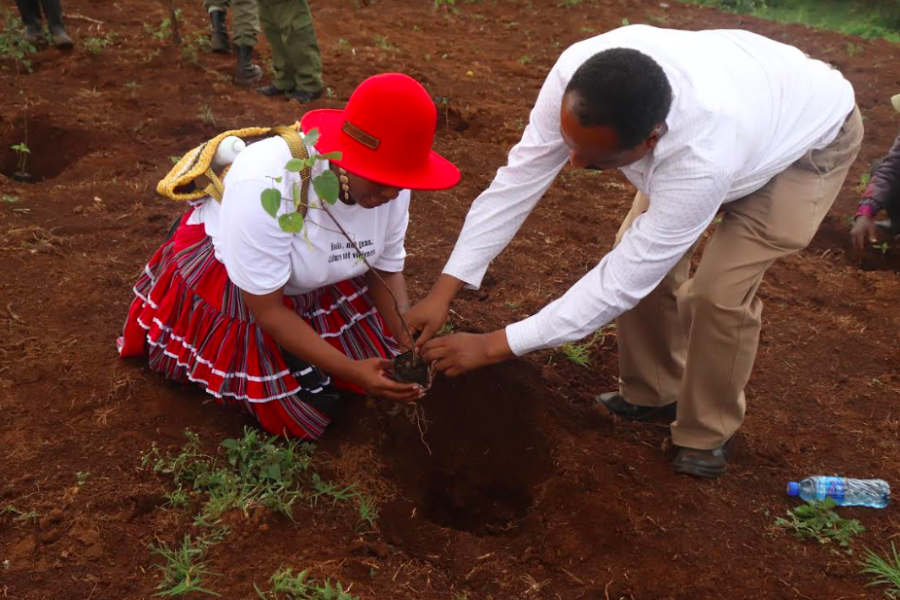
The Keepers of the Earth Fund (KOEF) is proud to announce our 2024 partnerships with Indigenous communities. At Cultural Survival, we value cultivating long-term relationships with our partners by supporting Indigenous projects related to community empowerment for the defense of land and autonomy; strengthening of Indigenous languages, cultures, and knowledge systems; conservation of Indigenous land and livelihoods in the face of climate change; and resistance to negative impacts from mining for the “green” energy transition.
The Keepers of the Earth Fund is an Indigenous-led fund at Cultural Survival designed to strengthen Indigenous Peoples' advocacy and community development projects globally. Since 2017, we have supported 392 projects in 40 countries through small grants and a wrap-around approach totaling $2,219,369. Grants go directly to Indigenous communities, collectives, organizations, and traditional governments to support projects designed by them and in accordance with their Indigenous values. Predicated on the United Nations Declaration on the Rights of Indigenous Peoples, Cultural Survival uses a rights-based approach in our grantmaking strategies to support grassroots Indigenous solutions through the equitable distribution of resources to Indigenous communities.
In 2024, in our eighth year of operations, we supported 83 Indigenous projects and collectives for a total amount of $614,222. The funds were sent directly to Indigenous communities, collectives, and grassroots organizations in 25 countries.
The following list summarizes the projects supported by KOEF in 2024 that relate to the defense of the territory and the fight for Indigenous rights, such as autonomy and self-determination. These are specific projects that are part of broader processes of Indigenous communities, organized to resist the dangers that threaten their territorial and political existence. In addition, five Indigenous rights defenders who face criminalization for their work are included.
Fighting for territory, autonomy, and self-determination

San Francisco Suc Tuc, Maya (Mexico)
In a previous project funded by KOEF, the community of San Francisco Suc Tuc/Hopelchen, Campeche worked to promote autonomy as a form of community organization. With this first project, the Community Council was recognized as an autonomous authority and a first version of the community statutes were produced. This year, the goal is to exercise autonomy by strengthening the Council, revising the statutes, demanding the right to receive direct funding, and promoting the participation of multiple generations, specifically children, women, and youth.
Association of Paĩ Tavyterã Paĩ Retã Joaju Communities, Paĩ Tavyterã (Paraguay)
The Association is the representative space that brings together several communities, who send their representatives to address the risks and threats related to the sacred site of Jasuka Venda. This year, with the support of KOEF, work is being done to strengthen the presence at the sacred site to protect it from dispossession.
The Law Firm for Indigenous Peoples of Guatemala, Q'equchi', Pocomchí' (Guatemala)
The Law Firm for Indigenous Peoples of Guatemala is a multidisciplinary team of Indigenous lawyers defending the human rights and territories of Indigenous Peoples. They are currently defending 75 Elders from the Q'equchi' and Pocomchí' Peoples who are being criminalized for defending their territory. The Law Firm is responsible for compiling the files of each of the people being prosecuted and developing the preparatory strategy for the admission of the case before the Inter-American Commission on Human Rights.
Ñuu Jnama Yuku, Ñuu Savi (México)
In the municipality of Atlatlahuca/Ñuu Savi, Oaxaca, violence from conflicts related to logging has dislocated several families since 2021. Since October of that year, a group of Mixtec men, women, children, and Elders have been living in a shelter in the region while they await justice from the Mexican government. In 2024, KOEF is supporting this group to maintain their collective garden, cover food needs, and implement traditional embroidery workshops, which is a source of income for these vulnerable families.
Cholultecas Unidxs en Resistencia, Nahua (Mexico)
In Puebla, the territory of the Cholultecan Peoples, is increasingly under threat from the real estate sector, tourism, and forces of gentrification that have reduced the water supply and altered land use, contributing to the dispossession of the community and displacing them through expropriation processes or tax increases. Cholutecas Unidxs en Resistencia has been working since 2018 for the formal inclusion of the Territorial Planning Strategies of the Indigenous Peoples in the Municipal Urban Development Program of Cholu to achieve the recognition of the self-determination of the Indigenous Peoples of San Andrés Cholula over their territory.
Fundación Krämikadä Ka Kansendabidï, Ngäbe Buglé (Panama)
The traditionally occupied territories of the communities affected by the Changuinola 1 hydroelectric plant in Bocas del Toro are not recognized. The Foundation is working on a program to defend the territories that includes environmental management and community governance. In this project, supported by KOEF, training will be provided through participatory workshops where the exchange of experiences and knowledge in relation to the right to land and Indigenous culture is encouraged. The Foundation is also working on reforestation of the area.
Association of Indigenous or Native Organizations Qhana Pukara-Kurmi, Quechua (Bolivia)
A group of Indigenous women from the Totoral Chico communities suffered an attack during a peaceful vigil to defend their territory. The community resists mining extraction that operates illegally and without the consent of the community. Support from KOEF was used for food, accommodation, transportation, and legal defense.
Cuajilote Community, Ñuu Savi (Mexico)
This community in the state of Oaxaca faces forest fires every year, which last year affected thousands of hectares. The fires are related to a social conflict that has lasted several years and has affected the property of community members, including their homes, crops and animals. With this project supported by KOEF, they are prepared to prevent fires, through training and the acquisition of tools.
Five defenders of Indigenous rights, Quechua, Mixtec, Tseltal, Pataxó, and Guarani (Brazil, Mexico, Bolivia, Paraguay)
Support has been given to Indigenous rights defenders who have been criminalized for their work on behalf of their community. Small grants have been sent to these defenders in emergency situations for use in security, transportation, food, medicine, and spiritual and psychological care.



